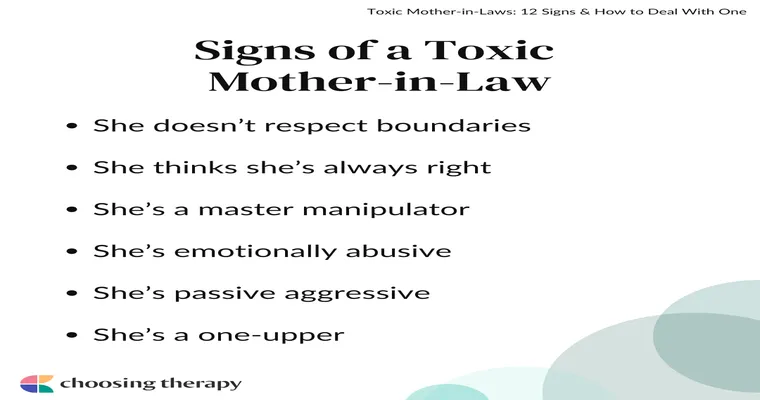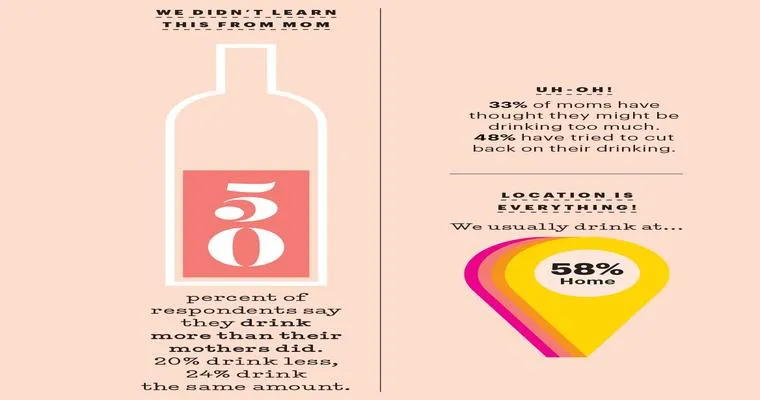Determining if someone is "medically incompetent" is a complex issue that often arises in legal and healthcare discussions. It involves assessing an individual's ability to understand the nature and consequences of medical decisions and to communicate their preferences regarding treatment. This article explores what constitutes "medical incompetence", the factors involved in making such a determination, and the implications for both patients and healthcare providers.
Medical incompetence is not merely about the absence of a certain ability; it is a nuanced evaluation that considers various factors. These may include cognitive impairments, mental health conditions, or severe medical issues that hinder a person's capacity to make informed decisions. For instance, individuals suffering from dementia or severe mental illness may struggle to comprehend their medical situation or the risks associated with treatments, raising questions about their competence.
When assessing "medical competence", healthcare professionals typically rely on specific criteria. These include the patient's understanding of their diagnosis, the proposed treatment options, the potential risks and benefits of those options, and the ability to communicate a choice. If a patient cannot meet these criteria due to cognitive deficits or emotional instability, they may be deemed medically incompetent.
Legal frameworks also play a critical role in determining medical competence. In many jurisdictions, a court may be involved to assess competency, particularly when significant medical decisions must be made. This legal process often involves evaluations by qualified professionals who can provide an objective assessment of the individual's mental status and decision-making abilities.
The implications of being deemed "medically incompetent" are significant. It can lead to the appointment of a guardian or advocate to make decisions on behalf of the individual. This is intended to ensure that their best interests are represented and that they receive appropriate medical care. However, this process can also raise ethical considerations, as it may limit the individual's autonomy and right to make choices about their own healthcare.
Moreover, misunderstandings about medical incompetence can lead to stigma and emotional distress for the affected individuals and their families. It is crucial to approach the topic with sensitivity and compassion, recognizing that medical competence exists on a spectrum. Some individuals may be capable of making certain decisions but not others, and their preferences should be honored whenever possible.
In summary, determining if someone is "medically incompetent" is a multifaceted issue that involves legal, ethical, and clinical considerations. By understanding the criteria for competence and the processes involved, we can better support individuals facing these challenging situations. As healthcare continues to evolve, ongoing dialogue about medical competence is essential to ensure that patient rights and dignity are upheld.





